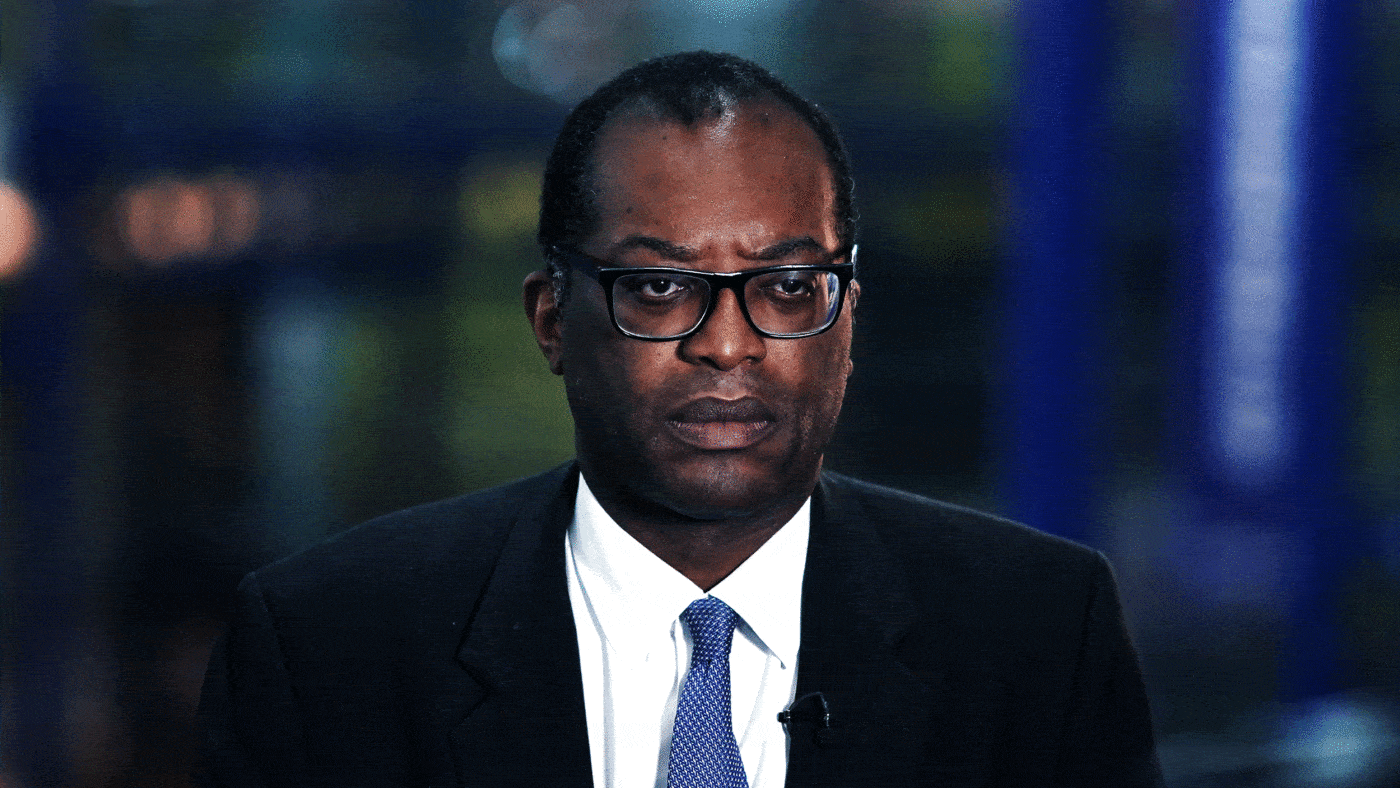The mini-budget hasn’t broken the economy, but it might just have broken the Conservative Party. On Sunday, Party Chairman Jake Berry was in bullish mood, promising that MPs who voted against scrapping the 45p tax rate would see the whip withdrawn. On Monday, the policy was abandoned. This isn’t the fastest policy reversal in recent memory – Philip Hammond’s planned national insurance rise lasted just a week – but it may well be the most damaging. The Conservatives now lag Labour by 19 points or more in the polls, and the public perception is that they’ve tanked the economy in order to bung a few quid to their rich mates.
The thing is, the 45p tax cut was basically an irrelevance. Sure, Labour might have planned to fund half their spending for the next decade in power using its restoration, but that’s just Labour arithmetic, which as Diane Abbott has illustrated obeys an entirely different set of rules to the ordinary sort. The fiscal reality is that the abolition of the higher rate was anticipated to cost £2bn by the generally pessimistic Treasury, but as the Institute for Fiscal Studies pointed out could very well have ended up costing nothing at all.
And whatever it did cost was dwarfed by the rest of the budget measures. When you’re implementing £45bn in tax cuts (long term), £2bn here or there is essentially a rounding error in the forecast. The problem is that economic and political realities are rarely well aligned; in 2010 Britain was politically on the verge of default, bankruptcy, international pariah status in the bond markets. Economically, it was nowhere close. But who cared about that?
Similarly, the 45p tax rate is not a particularly good tax; if you can plausibly abolish it without losing income, it’s clearly destroying too much GDP to be worth the money it raises. Fiscally, it makes no difference to the sustainability of the mini-budget. But for better or worse, it is seen as fair, and its abolition a signal of the Government taking from the poor to give to the rich. Hence the backlash from the public, and eventually from Conservative MPs concerned that the party’s reputation was going to be dragged through the mud, which is how we ended up with the grotesque chaos of the Conservative party threatening to vote against tax cuts.
What is strange is the market response. After the package of tax cuts was announced, the pound plummeted. This was always likely to be recovered. As I said at the time, the mechanism markets appeared to be worried about was less ‘the UK will allow debt to spiral indefinitely, leading to default’ and more ‘tax cuts will stoke demand, causing the Bank of England to raise interest rates’. But this mechanism in turn is exactly what usually drives exchange rates up; high interest rates attract inward flows as investors seek returns, until the appreciation of the currency equalises real returns.
The UK didn’t have large foreign-denominated debts, meaning there was no risk of a self-fuelling exchange-rate/debt crisis dynamic. The Bank of England was never likely to let the government inflate the debt away. And as markets calmed down, the pound appreciated again. But this isn’t consistent with this morning’s reaction, as the pound shot up again on the announcement that the 45p tax cut would be scrapped. That is not the sort of movement we generally expect to see in response a relatively small change in the government’s fiscal position.
It might reflect broader belief that the government will cave to the ‘Sensibles’. It might also be broadly unrelated – Ben Southwood has written elegantly on the futility of trying to explain market movements which result from the aggregation of millions of participant decisions. But the first possibility does leave me with less optimism than I had before that Truss will get supply side reforms through.
The economic and political realities do not coincide, but they are linked; the one shapes the other. Politically, the Truss government have removed a rod for their back – could you imagine the next two years as each spending decision was viewed through the prism of whether the 45p tax rate would have paid for it? – but the damage to public perception is done. What’s worse, Truss is now damaged in terms of party management. If the new government has already had to backtrack once, their chances of getting the most important parts of the growth plan through – planning reform, childcare reform, and other highly contentious issues – must surely be downgraded.
The one great hope is what I’ve come to call the accelerationist case. At this point, the only way the Conservatives are winning the next election is if economic growth booms. In turn, that means that reforms need to get through. In this framing, Truss is now holding a gun to the party’s head and telling them to either vote for the growth plan, or lose to Starmer.
Click here to subscribe to our daily briefing – the best pieces from CapX and across the web.
CapX depends on the generosity of its readers. If you value what we do, please consider making a donation.


